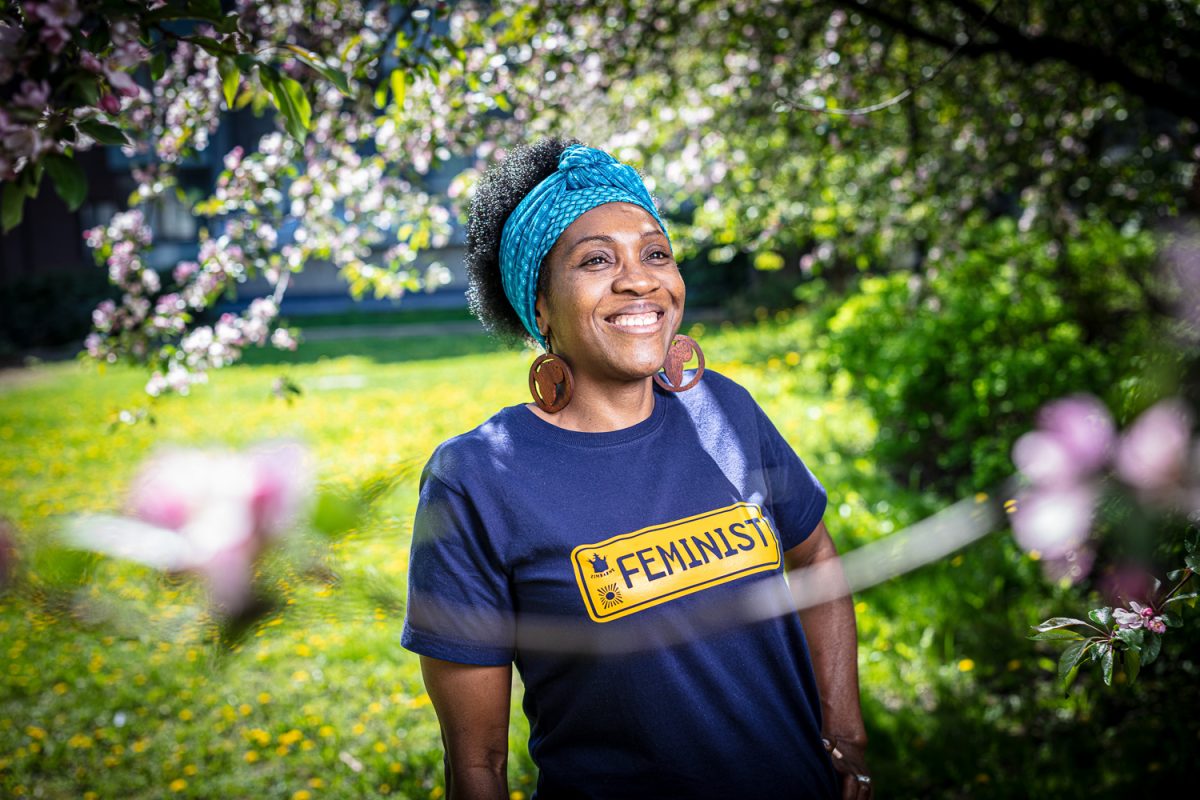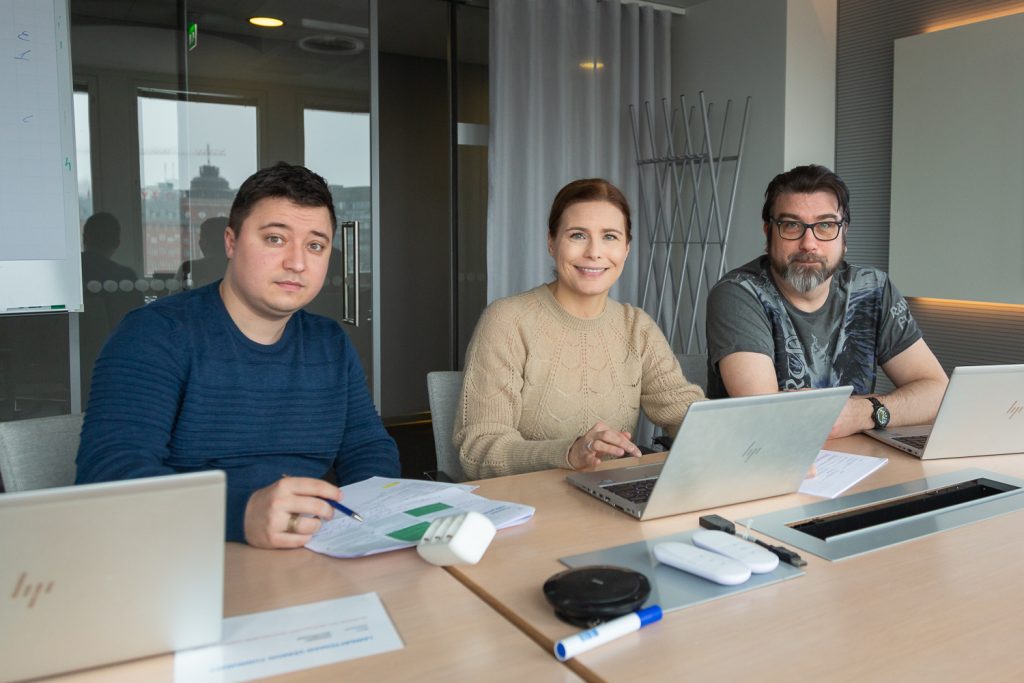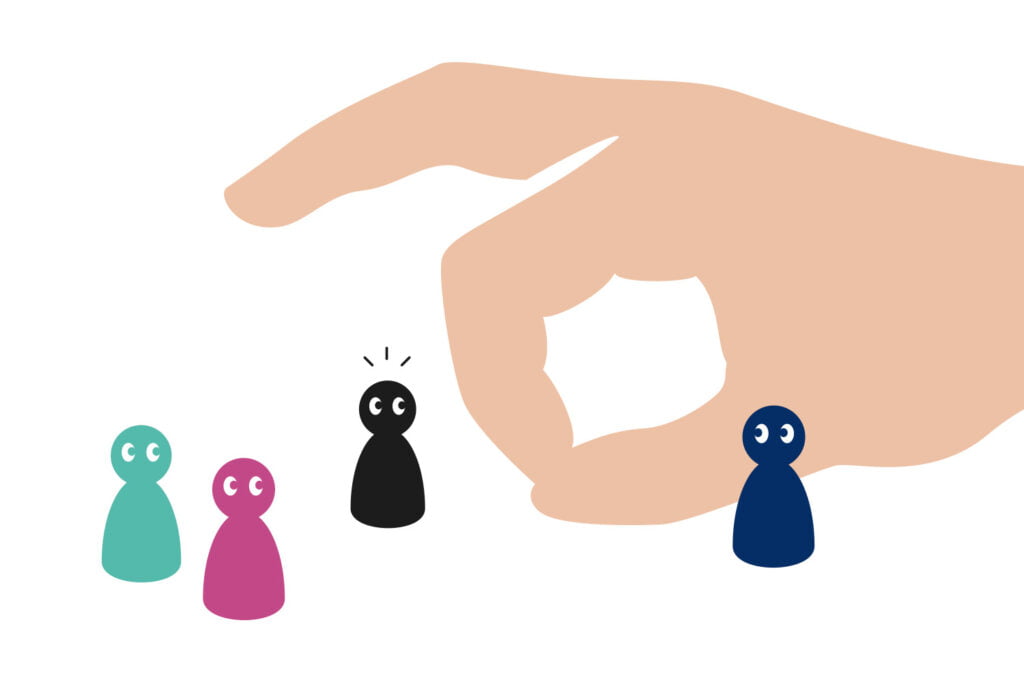Decent work for everyone
Solidarity is an important part of the DNA of the trade union movement. Not only for members in their own countries, but also for the poor and exploited people throughout the world.
Trade union activity can be dangerous. According to the global trade union movement organisation ITUC, union activists were murdered in 13 countries in 2022. All kinds of harassment is commonplace, too, like battery, arrest and baseless dismissal.
The Industrial Union supports many trade union and working life projects around the world. These are financed from the Union budget.
The Trade Union Solidarity Centre of Finland SASK is the solidarity and development cooperation organisation of Finnish trade unions, with a focus on labour rights. The Industrial Union is also a member of SASK, and run several projects together with it. The Ministry of Foreign Affairs usually supports these projects, too, multiplying the original financial input of the Union.
Trade unions are doing very practical work in many places. They are instrumental in improving the situation of working peoples’ lives. For this reason, the local partners of the Industrial Union projects are usually trade unions. Sometimes the cooperation also covers the Global Unions like IndustriALL.
The Industrial Union supports many trade union and working life projects around the world.
The Industrial Union projects are of a very practical nature. They can for instance aim at improving occupational health in certain working places or advancing collective bargaining. All this benefits the Industrial Union members, too. We can learn many things from the other unions.
In Malawi, SASK heard about the situation of women in the coal mines. They worked long days and slippers were deemed good enough as safe shoes. SASK had supported local unions and trained their representative, who took to action.
Result: women no longer do night shifts. They got the same protective gear as men and their own locker room and toilet.
Now, the Industrial Union is working on a project to make Brazilian industrial unions stronger. The goal is that unions can be a strong voice in working life issues and in a just green transition.
Real results in Mozambique
Do the union development projects have real, concrete results? Are they really improving the life of working people?
The answer is yes. In March, three Finnish researchers published a three-year study of a SASK project in Mozambique. SASK supported five local trade unions to organise training for employees and their representatives. These unions also covered industrial work.
The researchers compared working places where the training was given with those without it. The results of the study were clear. Even two short days of training did help to improve terms of work.
The study indicates that the group that participated in training on labour matters had a slight increase in salaries, while those without training had a loss in salaries. Furthermore, the trained workers had an increase in the number of paid hours worked as they worked less non-paid hours.
Their pay also rose. This did not happen at the workplaces without training.
At the workplaces with training, the unions were able to keep their members. At the workplaces without training, union membership dropped.
Union training focused on labour rights and negotiation skills. Better knowledge of these gave self-confidence and had a positive influence on the terms of work.




